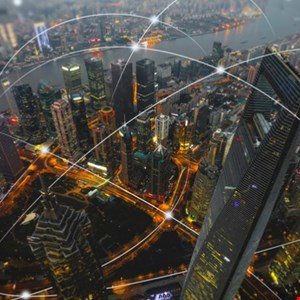- 2025 Cyber Security Predictions: Navigating the Ever-Evolving Threat Landscape
- Not Just Another List of Top 10 Metrics You Should Measure
- My new favorite headphones for swimming come bundled in a unique charging accessory
- Why I recommend this Windows laptop to creatives and professionals - even if it's meant for gamers
- This HP laptop may be the closest thing to a MacBook Pro for Windows users - and I don't mind it
Microsoft Convenes Asia Pacific Info-Sharing Council

Microsoft has launched a new public-private initiative across south-east Asia designed to improve cyber-threat response and share best practices across the region.
The Asia Pacific Public Sector Cyber Security Executive Council will bring together policymakers from government agencies alongside tech and industry leaders.
As of today, participating governments include Brunei, Indonesia, Korea, Malaysia, the Philippines, Singapore and Thailand.
Microsoft said the council would build on existing efforts to improve cybersecurity partnerships in the region, such as through the Asia-Pacific Economic Cooperation (APEC), the Association of Southeast Asian Nations (ASEAN) and the Global Forum on Cyber Expertise (GFCE).
Government members of the council will join a forum run by Microsoft with other industry advisors.
“The aim of the forum is to share best practices, learn from Microsoft security certification trainings, dedicated workshops, and hands-on lab sessions, with a goal of driving improvements to the digital skills of the workforce to reduce the talent gap in cybersecurity across the participating nations,” Microsoft noted.
“The members of the Asia Pacific Public Sector Cyber Security Executive Council will share experiences and knowledge relating to cyber-threats and will work to drive greater collaboration and cooperation between countries.”
The council will meet virtually every quarter to exchange information on cyber-threats and security solutions continually.
Such efforts have struggled in the past given APAC’s tremendous cultural, religious and economic diversity. Nevertheless, countries such as Singapore and Korea tend to be reasonably advanced in their cybersecurity capabilities.
According to Microsoft, APAC organizations experience 1.6 times more malware and 1.7 times more ransomware than their counterparts in the rest of the world.
However, some pan-regional initiatives have been a success. Interpol announced last week that it managed to seize $83 million headed for the bank accounts of cyber-criminals.

